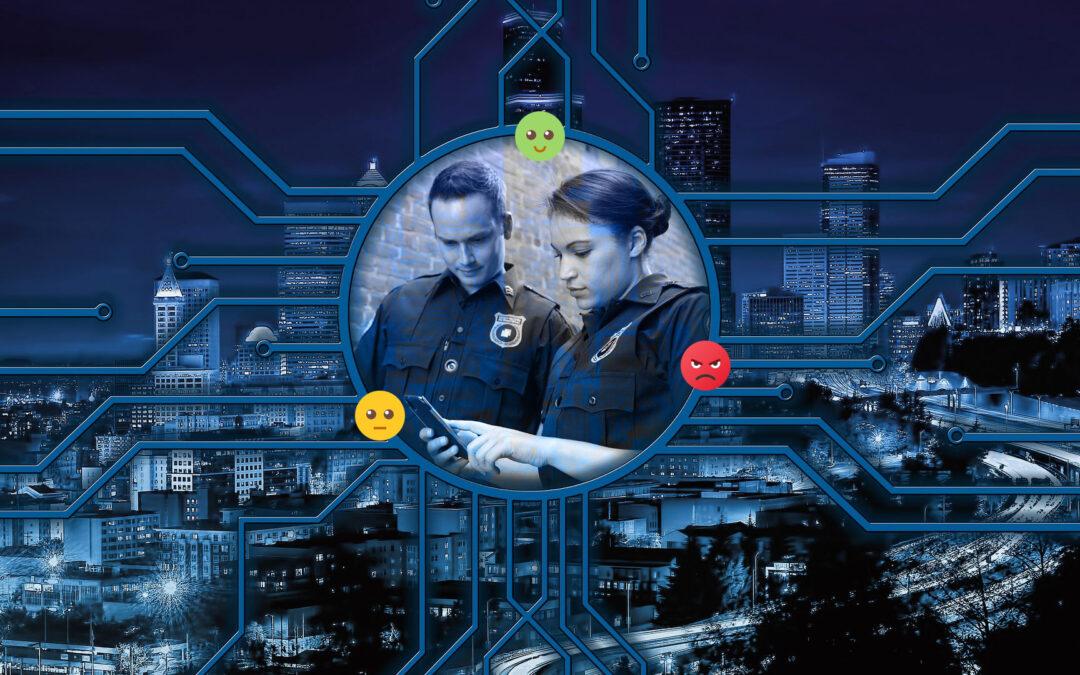The Social Web collects a huge amount of information every day on the expression of user opinions. Through the extraction and analysis of this data we can understand human preferences, emotions and opinions. This information allows the construction of public sustainability strategies and improvement of the quality of life. Sentiment Analysis thus becomes the key to thinking about Smart City development strategies.
What is Sentiment Analysis
Sentiment Analysis is that branch of Natural Language Processing (NLP) that analyzes textual data online by returning information on user opinions. It has a wide range of applications. By interpreting text data on a large scale, organizations can receive a variety of information from various online sources. For example, Sentiment Analysis is often used in marketing for brand monitoring or market research. It is similarly applied in politics to understand voter preferences. Public services can reap great benefits by analyzing citizens’ expectations. A little known use, and that we will deepen in this article, is that in Public Safety.
Why Sentiment Analysis is important
As explained in the previous article, Semantic Clusterization is fundamental when we deal with Big Data. Organizations collect a huge amount of data from various sources every day. They are the vital energy that allows you to create strategies, improve relationships with stakeholders and add value. However, most of the data is unstructured and unusable. This is why specific tools are needed to process human language.
Sentiment Analysis Software takes unstructured data from the web and structures and classifies it so that the machine is able to return useful information about users’ emotions, preferences and ideas.
Smart City and Sentiment Analysis
I’m sure you’ve heard of the term Smart City. It is usually an urban area in which it is possible to optimise services and infrastructure for citizens through the use of technology. The idea is to integrate technological innovation with people’s daily lives, promoting sustainability and quality of life.
Sentiment Analysis offers the advantage of being able to monitor the level of citizens satisfaction. In this way it is possible to make more accurate analyses and implement strategies that improve services and quality of life.
The Benefits of Sentiment Analysis in Public Safety
One of the public sectors that can benefit from Sentiment Analysis is Public Security. In fact, through the analysis of the texts present in social networks it allows you to discover, and thus monitor, the level of satisfaction of citizens on police actions, investigation and application of security policies in general. We will also be able to understand in which areas of the city people feel more or less secure and compare them with the data on crime rate and/or police actions. It is only through this information that we will be able to create public safety strategies and policies that meet citizens’ expectations.
The experience of Pragma Etimos in Sentiment Analysis
Pragma Etimos, leader in data refining, has carried out several studies on Sentiment Analysis processes. Starting from a deconstructed text we have attributed a level of emotional “positivity” or “negativity” to the words that make up the sentences. To create such a machine learning algorithm it was necessary to recover a large amount of “labeled” texts present on the social web and which already had an evaluation that constituted a sentimental cataloging. This made very accurate training possible. We then carried out a recognition calibration by means of precise tokenizations (experimentation of the elements) with a lemmature (management of inflected forms) and a search for the naturalized element in the Database of headwords cataloged in a positive and negative way. This is where the algorithm has the task of calculating the real polarity of the text, comparing the various scores of the words that compose it.
MORE TO EXPLORE …

SOCIAL MEDIA INTELLIGENCE AND DATA MINING: WHAT IS THE RELATIONSHIP?
Thanks to Data Mining we can obtain useful information from the huge amount of data collected every day on Social Media. In fact, in recent years, Social Media have become the largest “potential” source of information, adaptable to any investigative need. By way of…

DIGITAL SUSTAINABILITY: SEE DAYLIGHT THANKS TO THE DATA CULTURE
Having so much data available does not automatically mean creating “intelligence” and value. The speed with which technology is taking root in our lives has not given us the time to realize the real consequences (whether positive or negative). Through it we collect,…

